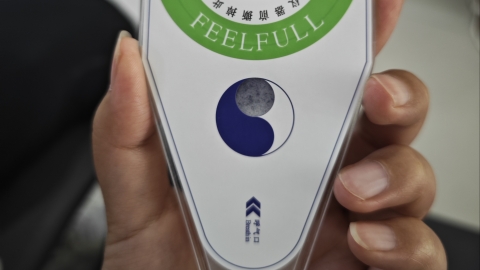When should I have a follow-up examination after Helicobacter pylori treatment?
Generally, the timing for re-examination after Helicobacter pylori treatment depends on the treatment regimen and individual health status. After standard quadruple therapy, re-examination is typically recommended about four weeks after discontinuation of medication. If the treatment regimen is unusual or there are signs of incomplete treatment, the re-examination may need to be scheduled earlier or adjusted accordingly. Detailed analysis is as follows:

If quadruple therapy commonly used in clinical practice is adopted and the treatment process is uneventful with completion of the course as prescribed, it is recommended to re-examine four weeks after stopping medication. Because antibiotics and proton pump inhibitors can interfere with test results, waiting four weeks allows sufficient drug metabolism and avoids false-negative outcomes. At this point, testing via carbon-13 or carbon-14 urea breath tests provides more accurate results.
If proton pump inhibitors were not used during treatment, the course was interrupted, or there is a history of recurrent infection, the timing of re-examination should be adjusted. In such cases, re-testing may be required two to three weeks after discontinuation of medication or, under a doctor's guidance, alternative diagnostic methods less affected by medications, such as endoscopic biopsy, may be selected to assess treatment effectiveness earlier.
Prior to re-examination, medications that interfere with testing should be avoided. Non-invasive tests such as carbon-13 or carbon-14 urea breath tests are preferred. For patients with underlying gastric diseases, gastroscopy may also be combined. After re-examination, follow the doctor's advice regarding dietary management, reduce intake of spicy and irritating foods, and lower the risk of reinfection.






